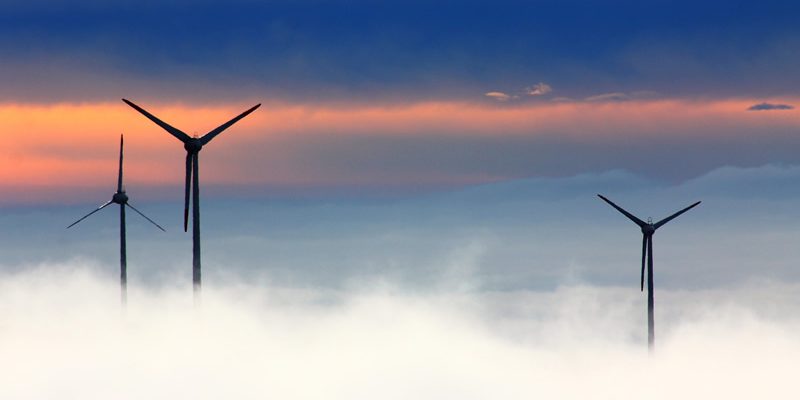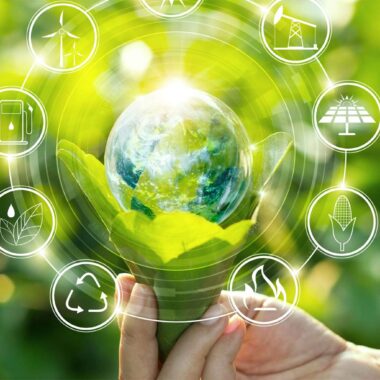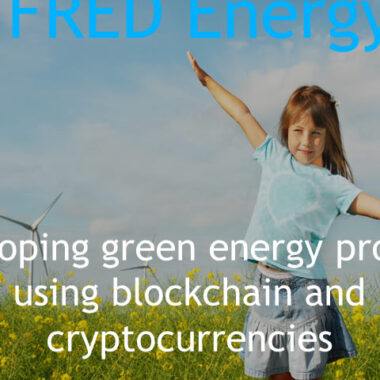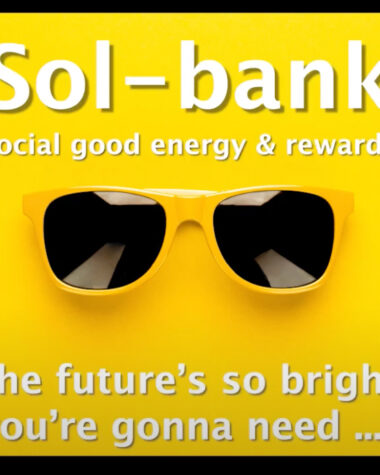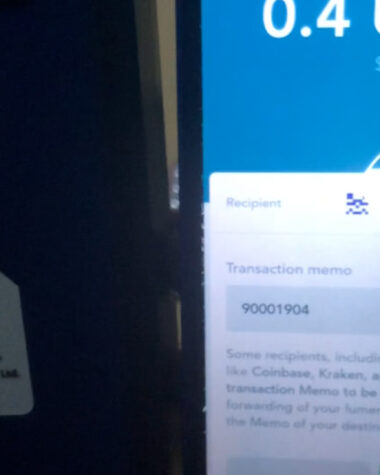In many developed nations, the last decade has seen a gradual albeit limited adoption of renewable energy systems by consumers, mostly aided by government initiatives and subsidies. There has it seems, been little urgency in the need for change towards consumer energy generation, possibly due to a perceived relative status quo of supply and demand. Whilst demand has indeed grown steadily along with above inflation price increases by energy providers, what does the future of consumer energy needs look like?
The move towards electric vehicles
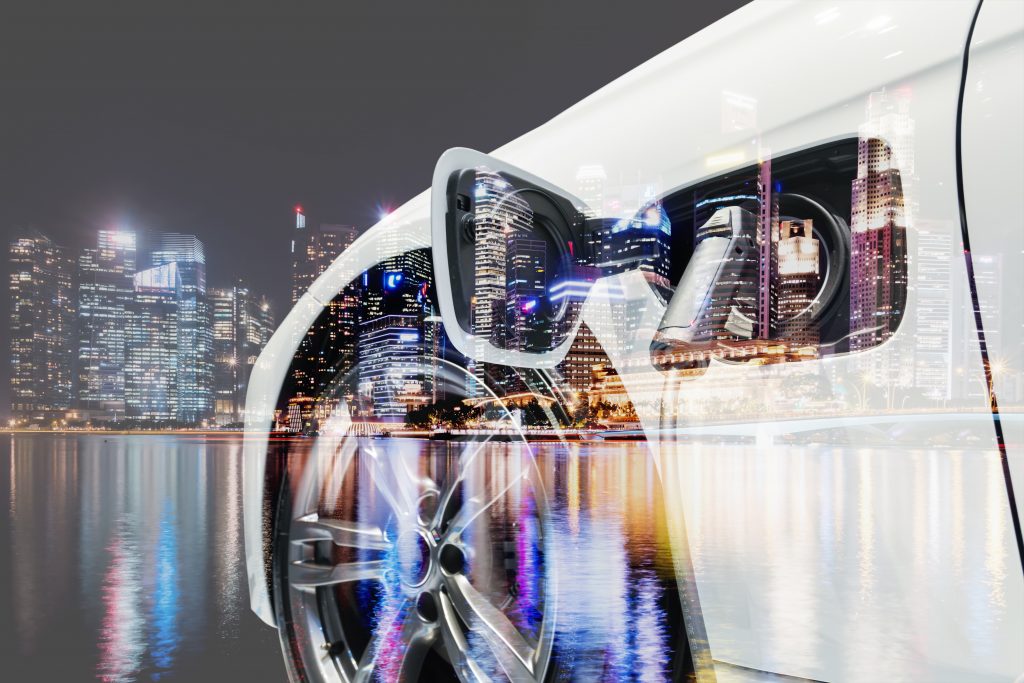
Over 120 years ago electric vehicles became popular only to be replaced by Henry Ford’s mass produced, gasoline-consuming Model T. Today we are seeing a massive shift by car manufacturers and oil giants towards electric vehicles (EV’s) and the pace at which driving an EV will be the standard is accelerating rapidly. The social and economic change that mass adoption of EV’s alone will be great, electricity is today and will continue to be the dominant energy requirement for consumers.
Great news for the environment
Yes, it is and the sooner we move away from fossil fuel reliance the better. We are all becoming much more aware of global warming and climate change as we witness first hand our seasons changing and becoming more unpredictable. But it is not just about climate change and CO2 emissions, ambient (outdoor) air pollution contributes to 4.2 million deaths per year. The media is increasingly focussing on environmental issues and gradually planting the subconscious need for greener transport and sustainable living.
So, what’s the problem?

Mass EV adoption is something to look forward to and where FRED Energy is aiming to enter the market. However, in the back of my mind I have this dread, an impending greater hardship for our elderly and low income earners in this future electric driven society.
The same people who are already struggling to make ends meet, the same people who go without heat and lighting because they cannot afford to pay their utility bills. I am not talking about the 1 billion people without access to electricity, I am referring to our developed nations, the here and now, people we know.
I see a future where electricity demand begins to greatly affect prices, where supplier off-peak rates no longer exist due to a constant increasing demand and limited supply, a future that has already begun.
I believe that contrary to the popular belief that we are created and born equal (try telling that to the millions dying of starvation) we are not. I also think that for every positive, there is a negative effect. In this electric future, it is the elderly and those on low incomes who are the least likely to be able to afford the costs of renewable energy generation systems. Those without the ability to offset rising energy costs, the social divide relating to wealth and energy poverty will be even greater.
Whilst the EV revolution will play a significant part in future energy requirements, growing populations, housing, electrical appliance and device use are also contributors to future forecasts of a 30% global demand increase by 2040. This is where the FRED Project looked towards the bigger picture and envisaged the solution to our future energy needs lies in new methods of energy generation, educating consumers in energy efficiency and bringing energy generation down to the consumer level.
To counter the effect of mass EV adoption alone, there needs to be mass adoption of consumer energy generation. There is a future scenario that could see electricity suppliers becoming more aligned with the role of network facilitator and distributor and where P2P electricity trading among consumers is the norm.
Our solution
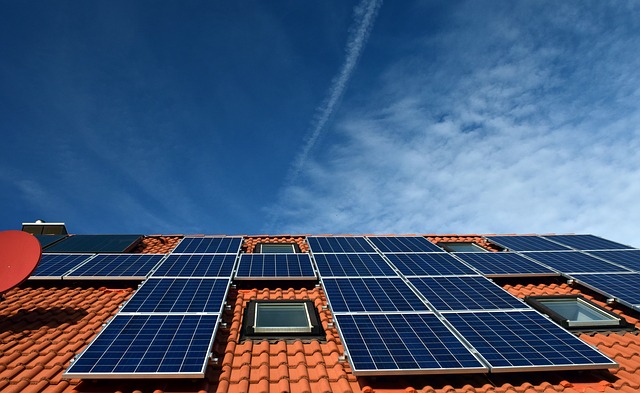
The theory is to break the fuel poverty cycle by encouraging consumers where possible to reduce their energy costs by generating their own electricity and become more energy efficient, this in turn will help to stabilise costs, providing more affordable energy and energy security for all.
How?
FRED Energy is an ERC-20 token that will be utilised in our future platforms and to provide funding towards meeting our project goals;
• Be recognised as a key player in green energy projects on the blockchain
• Become a brand associated with green energy that targets consumer needs
• Enter the EV charging station market via niche segments
• Aid in the acceleration of alternative energy usage and generation by the consumer
• Be the main online market place for alternative energy products accepting cryptocurrency
• Bring new energy saving and generation devices to market
Why the name FRED?
FRED is our acronym for Funding Research into Energy Devices, which deserves an article of its own, stay tuned.
